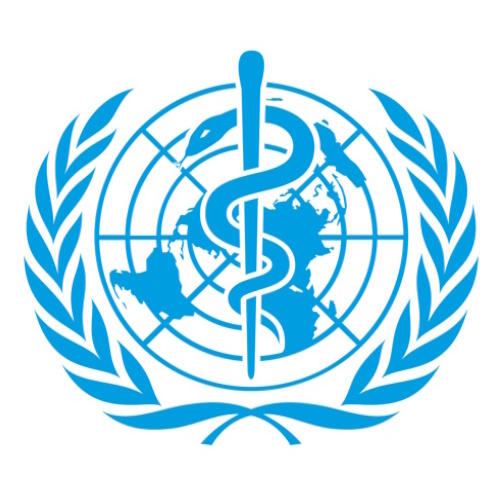Key points from article :
A high-salt diet is not only bad for blood pressure, but also for the immune system.
Adults should only consume maximum of 5g of salt or ~1 level of teaspoon, WHO recommends.
"Excessive salt intake also significantly weakens an important arm of the immune system."
Mice fed a high-salt diet were found to suffer from much more severe bacterial infections.
Volunteers who consumed additional 6g of salt/day also showed pronounced glucocorticoid level.
This finding is unexpected, as some studies point in the opposite direction.
Infections with certain skin parasites heal significantly faster with high-salt diet.
Additional intake of sodium chloride works so well for some skin diseases.
"Our work therefore illustrates the limitations of experiments purely with cell cultures."
Research under the leadership of the University Hospital Bonn.
Published in the journal Science Translational Medicine.



/salt-thumb.jpg)


